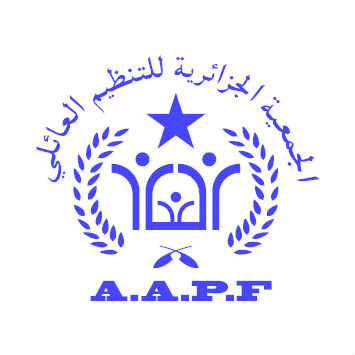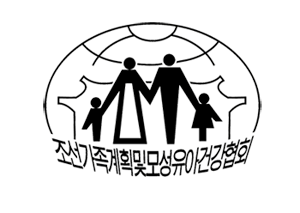

| 31 March 2016
Association Algérienne pour la Planification Familiale
The Association Algerienne pour la Planification Familiale (AAPF) was founded in 1987 and became an IPPF Member Association 2 years later. The organization works for the well-being and development of individuals and families through the promotion of sexual and reproductive health and rights (SRHR) and family planning. The organization partners with a large number of ministries, non-governmental organizations (NGOs), UN agencies, donors, academic/educational institutions, parliamentarians, human rights advocates, and media. By harnessing such partnerships, for example, AAPF played a central part in the country’s 'Stop the Violence Against Women Now' campaign. AAPF forged a civil society coalition with the support of the IPPF Innovation Fund. This coalition advocated to decision makers to adopt a law that would protect women against violence and to sensitize the public on the issue. This campaign is now being used as a model for other Member Associations, and it will form the basis for an advocacy toolkit for other groups faced with similar challenges. Contacts Website: http://www.aapf-dz.org Twitter: https://twitter.com/aapftiziouzou

| 31 March 2016
Korean Family Planning & Maternal Child Health Association of DPRK
The Democratic People’s Republic of Korea (DPRK): Family Health Association of Korea (FHAK) formerly Korean Family Planning & Maternal and Child Health Association (KFP&MCHA) was established in 1990. Family Health Association of Korea is actively supported by the government to diversify family planning services and to improve their quality. One of the major challenges is geographic inequality. 80% of the country’s land mass is mountainous, with mining constituting a major industry. Large numbers of people live in this area, working in coal and mineral mines and forest stations. Fertility rates are much higher than in large urban areas, the contraceptive prevalence rate is much lower, and the number of trained family planning advisers is limited. FHAK has targeted these people with reproductive healthcare and information, education and communication (IEC) programmes. Contraceptive prevalence has increased, and the method mix has shifted significantly from IUD to pills, condoms and sterilization. In 2010, FHAKdelivered 538,000 condoms and 138,000 sexual and reproductive health services through 17 service points, including 9 permanent clinics and 8 mobile facilities. The Democratic People’s Republic of Korea (DPRK): Family Health Association of Korea (FHAK) is actively supported by the government to diversify family planning services and to improve their quality. One of the major challenges is geographic inequality. 80% of the country’s land mass is mountainous, with mining constituting a major industry. Large numbers of people live in this area, working in coal and mineral mines and forest stations. Fertility rates are much higher than in large urban areas, the contraceptive prevalence rate is much lower, and the number of trained family planning advisers is limited. FHAK has targeted these people with reproductive healthcare and information, education and communication (IEC) programmes. Contraceptive prevalence has increased, and the method mix has shifted significantly from IUD to pills, condoms and sterilization. In 2010, FHAK delivered 538,000 condoms and 138,000 sexual and reproductive health services through 17 service points, including 9 permanent clinics and 8 mobile facilities.







